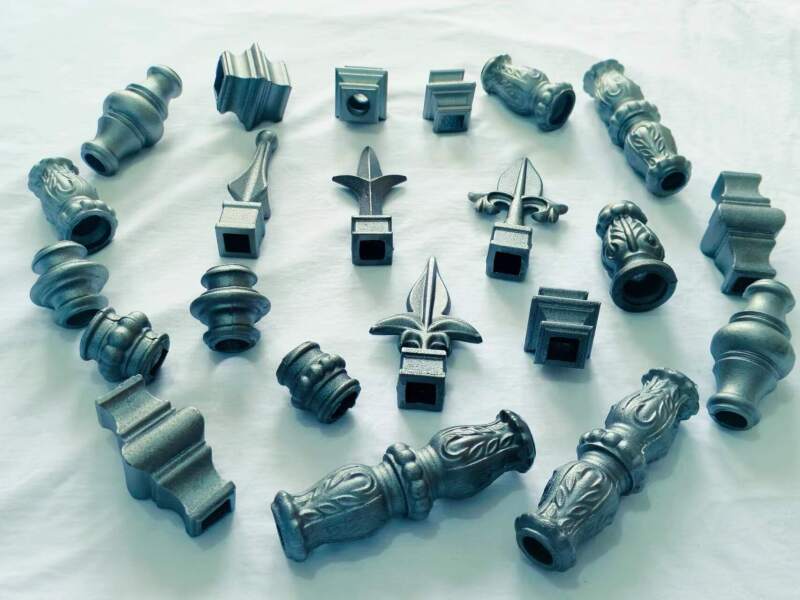
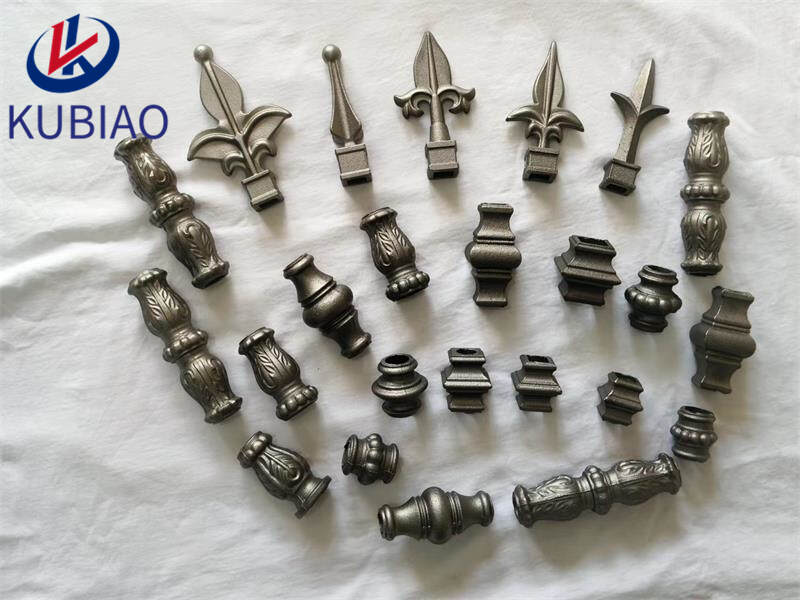
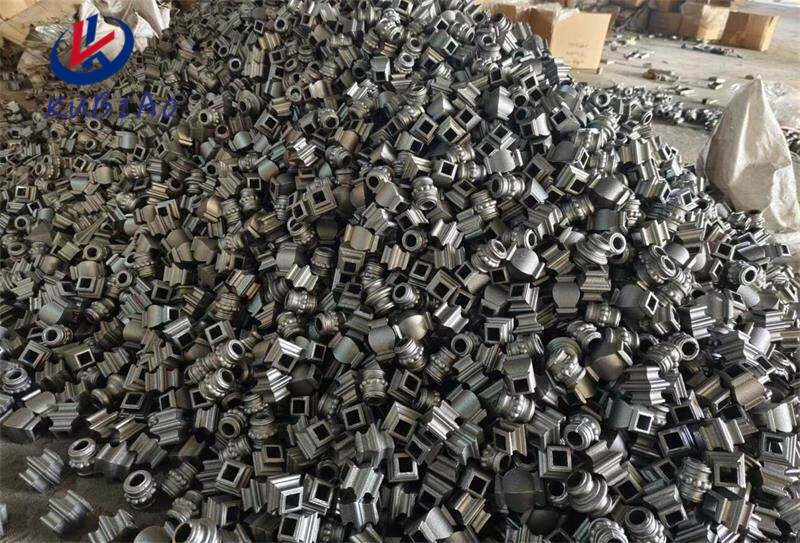
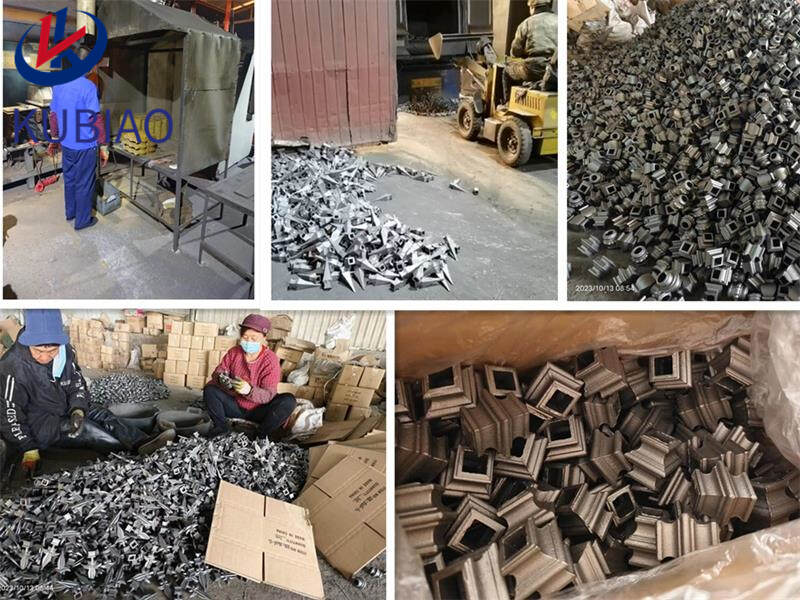
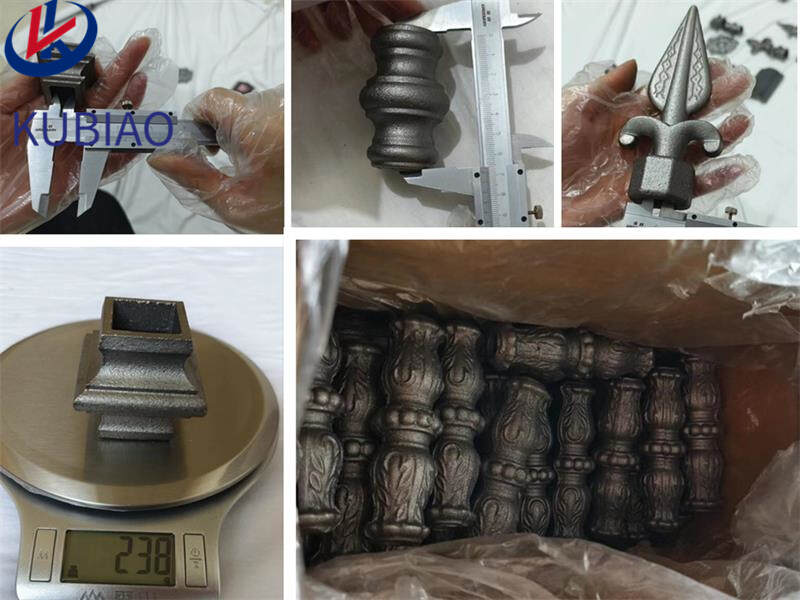
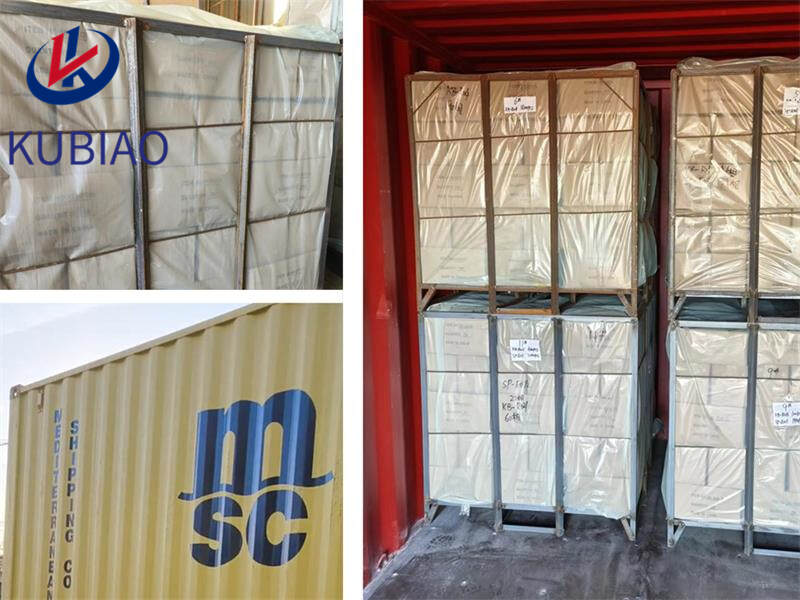
| Product name | casting iron |
| Keyword | iron ornamental design ,cast iron gate decorations,metal fence ornament ,cast iron gate insert,decorative rosette ,antique cast iron fence finials,ornamental fence spears,cast iron fence ornamental |
| Place of Origin | China |
| Quality standard | We have our own professional QC team to insure the quality. |
| Feature | Cast iron is a strong metal material that can withstand large amounts of pressure and weight. It is also durable and resistant to corrosion, making it ideal as a decorative item |
| Application scope | Office Building, etc. |
| surface treatment | sand blasting antirust antirust oil/water painting hot dip galvanizing |
| Unit Weight(g) | 472(Contact us for specific information to confirm) |
| terms of payment | 50% T/T in advance, balance before shipment. |
| Life span | 23 years (Contact us for specific information to confirm) |
| delivery time | It usually takes 40 days. |
| Advantage | We keep good quality and competitive price to ensure our customers benefit |
| Packing | 12x11.09x11.4cm(Contact us for specific information to confirm) |
| OEM/ODM | Customization Service Provided |
| design | beautiful elegance sleek pretty |
| Sales country | All over the world for example:British Virgin Islands,Ethiopia,Haiti,Serbia and Montenegro,Egypt,Dominican Republic |
| MOQ | 258pcs(Contact us for specific information to confirm) |
1.Are there any health hazards associated with casting iron?
We focus on our customers' needs and strive to meet their expectations, so we take this very seriously.
There are no known health hazards associated with cast iron ornaments. However, if the ornaments are painted or coated with a sealant, there may be potential health risks from the chemicals used in these products. It is important to follow proper safety precautions when handling and using any type of paint or sealant. Additionally, if the ornaments are rusty or corroded, there may be a risk of tetanus if someone were to get cut or punctured by the metal. It is always a good idea to wear gloves and handle rusty or sharp objects with caution.
2.Are casting iron heavy?
We have rich industry experience and professional knowledge, and have strong competitiveness in the market.
Yes, cast iron ornaments are typically heavy due to the density and weight of the material. They can range in weight from a few pounds to several hundred pounds, depending on the size and design of the ornament.
3.How do I properly hang or display casting iron?
We have a wide range of casting iron customer groups and establishes long -term cooperative relationships with partners. The countries we provide services include British Virgin Islands,Ethiopia,Haiti,Serbia and Montenegro,Egypt,Dominican Republic.
1. Choose a sturdy and secure location: Cast iron ornaments can be heavy, so it is important to choose a location that can support their weight. Avoid hanging them on weak or flimsy surfaces.
2. Use appropriate hardware: Make sure to use strong and durable hardware, such as heavy-duty hooks or screws, to hang your cast iron ornaments. Avoid using adhesive hooks or tape, as they may not be strong enough to hold the weight.
3. Consider the weather: If you are hanging your cast iron ornaments outdoors, make sure to use weather-resistant hardware and consider the elements. For example, if you live in a windy area, you may need to use additional hardware or secure the ornament with wire to prevent it from falling.
4. Use a level: Before hanging your ornament, use a level to ensure it is straight and even. This will help prevent it from tilting or falling off the wall.
5. Hang with care: When hanging your ornament, make sure to handle it with care to avoid damaging it. If the ornament has delicate or intricate details, use a soft cloth or gloves to handle it.
6. Display on a stand: If you prefer not to hang your cast iron ornament, you can also display it on a stand or shelf. Make sure the stand is sturdy enough to support the weight of the ornament.
7. Group similar ornaments together: If you have multiple cast iron ornaments, consider grouping them together for a cohesive display. This can also help distribute the weight evenly and prevent any one ornament from becoming too heavy for the display surface.
8. Regularly check for damage: Cast iron ornaments can be prone to rust and corrosion, especially if displayed outdoors. Make sure to regularly check for any signs of damage and address them promptly to prevent further deterioration.
4.What are the origins of cast iron ornament production?
We focus on teamwork and communication to achieve common goals, We attach great importance to this detail.
The production of cast iron ornaments can be traced back to the 18th century in Europe, particularly in England and France. During this time, cast iron was becoming a popular material for architectural and decorative elements due to its strength, durability, and ability to be molded into intricate designs.
The Industrial Revolution in the 19th century further fueled the production of cast iron ornaments, as advancements in technology and manufacturing processes made it easier and more cost-effective to produce these decorative pieces. Cast iron ornaments were used extensively in the construction of buildings, bridges, and other structures, as well as in furniture and household items.
The popularity of cast iron ornaments continued to grow throughout the 19th and early 20th centuries, with the rise of the Victorian era and its emphasis on ornate and elaborate designs. However, the production of cast iron ornaments declined in the mid-20th century with the introduction of new materials and construction methods.
Today, cast iron ornaments are still produced and used in various architectural and decorative applications, but they are often considered a symbol of the past and are highly valued for their historical and aesthetic significance.
5.Are casting iron suitable for indoor use?
We have been working hard to improve service quality and meet customer needs.
Yes, cast iron ornaments can be suitable for indoor use. However, they may require regular maintenance to prevent rusting and should be kept away from moisture. It is also important to ensure that they are properly secured to prevent any accidents.
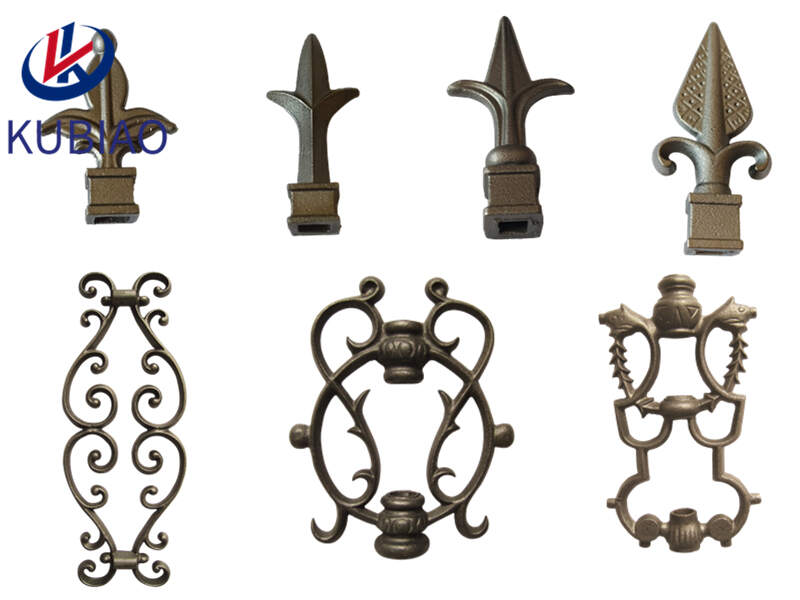
6.What is the weight limit for hanging casting iron?
We have broad development space in domestic and foreign markets. casting iron have great advantages in terms of price, quality, and delivery date.
The weight limit for hanging cast iron ornaments can vary depending on the strength and stability of the hanging mechanism and the thickness and quality of the cast iron. In general, it is recommended to not exceed 10-15 pounds for hanging cast iron ornaments. It is always best to check the specific weight limit recommended by the manufacturer or consult with a professional for heavier or larger ornaments.
7.Can casting iron be used for functional purposes?
We pay attention to employee development and benefits, and provide a good working environment in order to improve the efficiency of employees and improve the quality management of casting iron products.
Yes, cast iron ornaments can be used for functional purposes such as door knockers, hooks, and brackets. They are durable and strong enough to support weight and perform their intended function. However, it is important to make sure that the ornament is properly installed and secured to ensure safety and stability.
8.How have casting iron evolved over time?
We focus on innovation and continuous improvement to maintain a competitive advantage.
Cast iron ornaments have evolved significantly over time, both in terms of their design and production methods. Here are some key changes that have occurred:
1. Early designs: The earliest cast iron ornaments were simple and functional, such as door knockers, hinges, and fireplace tools. These were often made using sand casting techniques and had a utilitarian look.
2. Victorian era: In the mid-19th century, cast iron ornaments became more decorative and ornate, reflecting the Victorian love for intricate designs and embellishments. This era saw the rise of cast iron garden furniture, fountains, and statues, often featuring elaborate floral and animal motifs.
3. Industrial revolution: With the advent of the industrial revolution, cast iron ornaments became more affordable and accessible to the middle class. This led to a proliferation of cast iron products, including street lamps, railings, and building facades.
4. Art Nouveau and Art Deco: In the late 19th and early 20th centuries, cast iron ornaments were influenced by the Art Nouveau and Art Deco movements, which favored more fluid and geometric designs respectively. This led to the creation of cast iron gates, grilles, and other architectural elements with intricate patterns and motifs.
5. Modern era: In the 20th century, cast iron ornaments continued to evolve, with a focus on functionality and minimalism. Modern designs often feature clean lines and geometric shapes, and are used in a variety of applications, from furniture to home decor.
6. Production methods: While sand casting was the primary method of producing cast iron ornaments in the past, modern techniques such as die casting and investment casting have made the process more efficient and precise. This has allowed for the creation of more intricate and detailed designs.
7. Materials: While cast iron was the preferred material for ornaments in the past, modern advancements have led to the use of other materials such as aluminum and bronze. These materials offer greater strength and durability, while still retaining the look and feel of cast iron.
Overall, cast iron ornaments have evolved from simple and functional objects to highly decorative and versatile pieces, reflecting the changing tastes and advancements in technology over time.
Welcome to contact us for Cast Iron Order!
Email: sales@kubiaometal.com
Cellphone/Whatsapp: 0086 13020588163
Wechat: 13028588163
Tag:iron fence flower parts,casting elements ,fence post cap,cast iron spear,fence and gate ornament ,iron studs ,antique cast iron fence finials
PREV: casting leaf
NEXT: casting gate parts
Product
Category